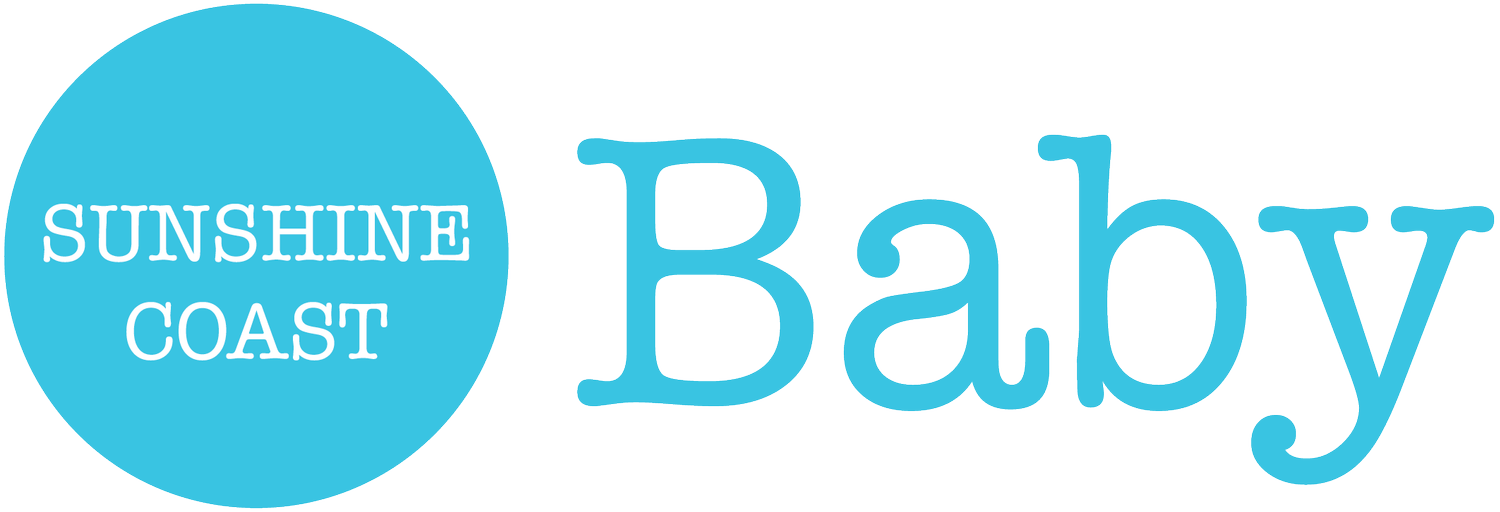Nourishing First Foods for Baby
Starting solids is an exciting opportunity to nourish your baby's developmental needs, create a positive relationship with food and broaden their palette.
Knowing what first foods to feed your baby can be daunting and confusing and where I feel conventional starting solids guidelines fall short. What I hope to share here with you is information that will help steer you in the direction of the most nourishing first foods to support your little one’s growth and development, and help you approach this milestone with a little more clarity and confidence (and an easy to clean high chair!).
Whilst we can often get caught up on the right ‘age’ to introduce solids, it’s more important to wait until your baby is showing the signs they are developmentally, physically and digestively ready – this usually happens around the age of 6-months, and is as recommend by the World Health Organisation.
I’m sure you’ve heard the common saying that “food before one is just for fun”, and although playing food is an important part of the sensory experience, food shouldn’t JUST be for fun.
Your baby will grow more rapidly in the first year of their life than at any other time, and they’re actually really quite clever. You see, by around 6-months of age when they begin to show a real interest in food, there are certain micro and macronutrients they require for optimal growth and development, that can no longer be met by breastmilk or formula alone. So, it’s really important that those first foods you offer your baby contain the nutrients they need, right now.
The most common first foods are soft fruits and vegetables, and whilst these are nutritious and a great start, they are lacking in some key developmental nutrients, like: iron, zinc, choline and vitamin D, as well as nourishing fats, especially DHA.
Two important minerals for growth are iron and zinc. Iron is vital for cognitive and behavioural development and between 6–24 months babies actually require more iron each day than an adult male. The best sources of iron and zinc are: organic chicken liver, beef, lamb and chicken thighs.
Nourishing fats, especially the omega-3 essential fatty acids EPA and DHA, are crucial for the heathy development of your babies’ eyes, immune and nervous system, and brain – their rapidly growing brain is actually 60% fat, so it’s being built by the fats in the foods you offer them. Find nourishing fats in: avocado, oily fish (sardines, salmon, mackerel), pasture-raised egg yolk, ghee, seaweed, olive oil, nuts and seeds, coconut products and full fat pasture-raised meat and dairy. Avoid trans fats and industrial seed oils as these are inflammatory and increase the risk of many health issues.
Other nutritious foods to include are probiotic-rich fermented foods like sauerkraut, cultured yoghurt and kefir. These foods help to support healthy digestion, gut and immune health.
The key is to offer your baby a variety of foods, make their meals as nutrient-dense as possible, and have fun.
Lucy Stewart is an Accredited Paediatric Nutritionist, mum and step-mum. With many years of clinical experience working with a range of childhood conditions, Lucy is passionate about helping parents raise resilient and thriving children, by feeding them right, right from the start. Book an appointment to take the first step in your child’s journey to better health.

